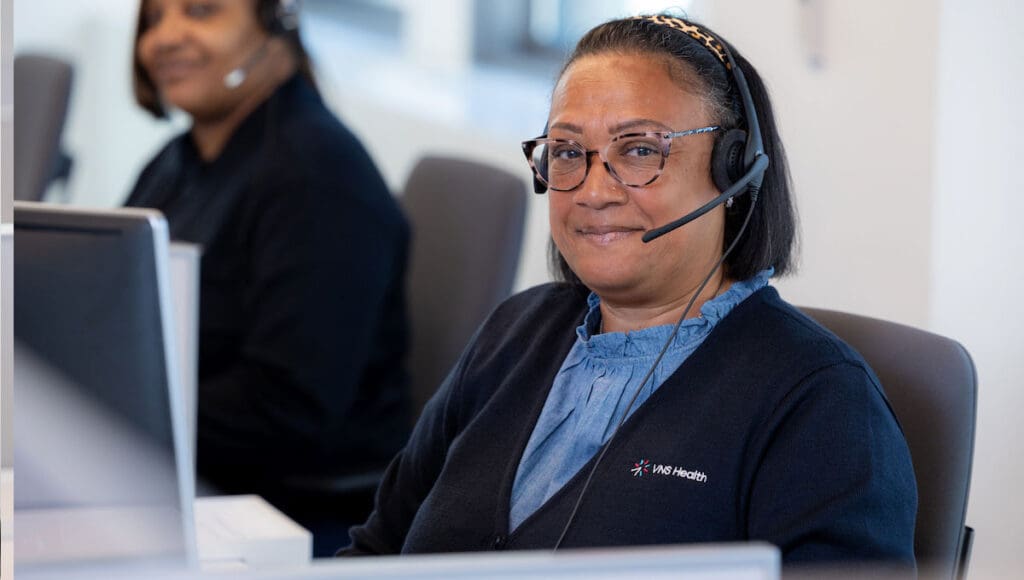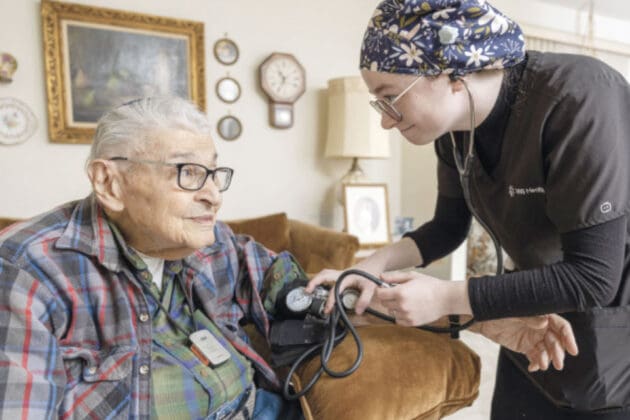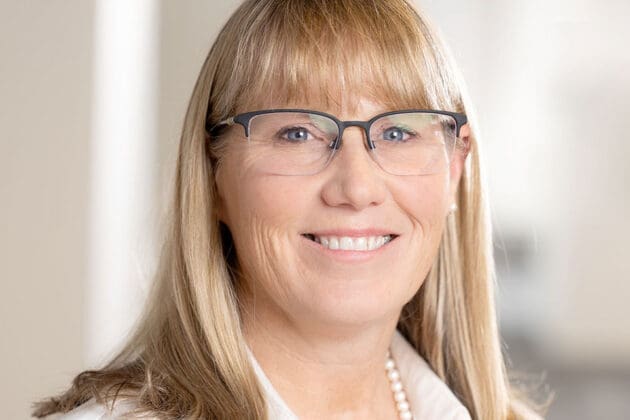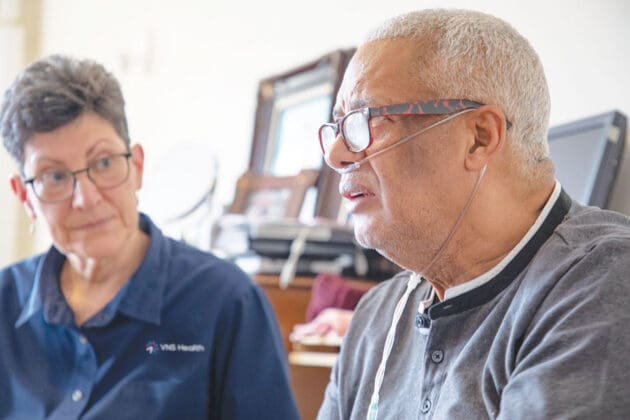
When Andrea Henry, a nurse care manager with our Care Management Organization (CMO), spoke to her 74-year-old client, Barbara*, on the phone, she could tell something was wrong: Barbara, who suffers from asthma, was experiencing persistent coughing and shortness of breath. She’d received medicine for her cough from an urgent care center, but Andrea suspected deeper issues were involved.
Their conversation took place as Andrea’s workday was ending, but fortunately that wasn’t a problem: Andrea quickly referred Barbara to a nurse practitioner (NP) who was just starting her own shift with the CMO’s new ED Diversion team—a group that provides telephonic and virtual support to CMO clients from 4:30 pm to midnight during the week and from 9am to 3pm on weekends and holidays. Because these NPs, who are advanced practice nurses, have prescribing powers, they’re well-equipped to address clients’ symptoms, contact their physician, and even call in a paramedic if necessary, thereby avoiding a hospital visit.
“Evenings and weekends are when people are most likely to end up in hospital emergency departments, because doctors’ offices are closed then,” explains June Stanley, VP, Clinical Strategy and Development. “By offering medical support after hours, this program aims to prevent trips to the ED that may be avoidable.”
According to Stanley, the ED Diversion unit is doing just that: Since it launched at the start of 2023, hospitalization rates for the health plans that we services have gone down 10 to 15%.
In Barbara’s case, when the NP began going through her medications over the phone, she discovered Barbara had misplaced her rescuer inhaler and was also having difficulty opening the bottles of meds she did have on hand. To relieve her shortness of breath, the NP immediately contacted Barbara’s pharmacist and had an inhaler delivered promptly to her home. The NP also sent Andrea a note regarding Barbara’s other medications, leading Andrea to order a switch to easy-open blister packs once she was back at work the next day. The NP also made sure Barbara’s physician was aware of the changes. With these interventions, Barbara’s health quickly stabilized.
Like the CMO as a whole, the ED Diversion unit’s ultimate goal, says Stanley, is to help health insurers keep their plan members safe at home by providing this additional support. “Our care managers and regular on-call NPs do a great job of this during regular business hours,” she adds. “But as we all know, health problems have a habit of cropping up at odd times. By filling that after-hours gap, this program is providing another crucial layer of care.”
*The client’s name has been changed for privacy.


